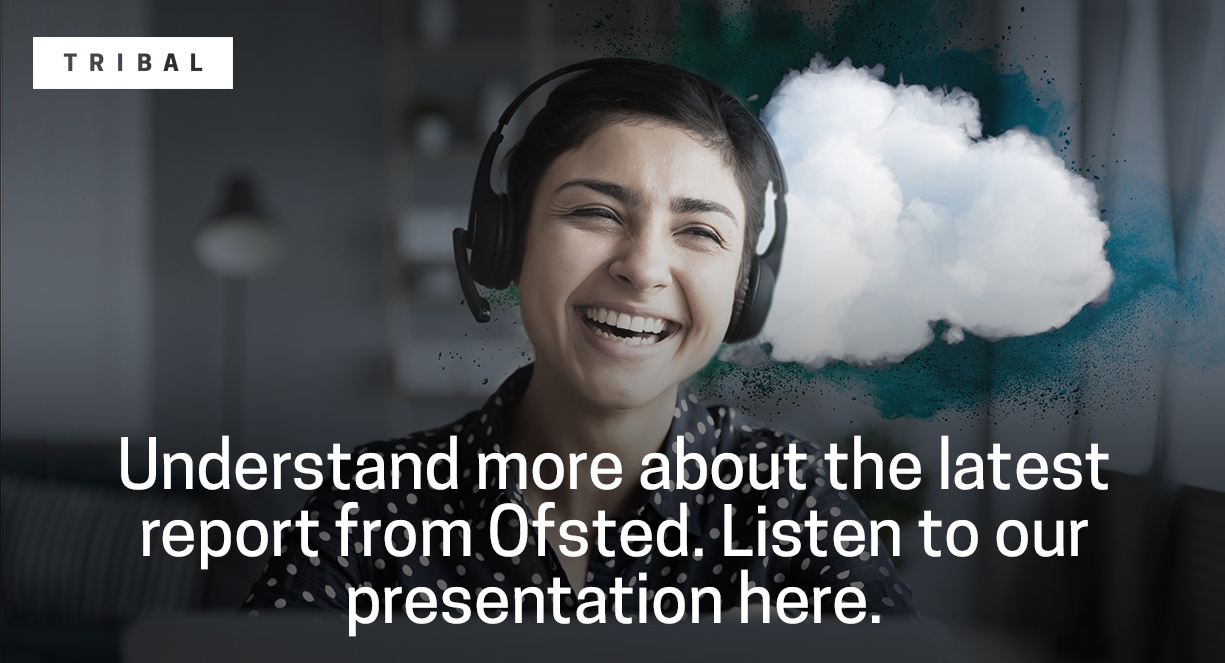Due to the ongoing worldwide pandemic, there has been huge disruption across the education sector at all levels, the impact of which is still unknown as schools, colleges, and universities remain closed until further notice.
Without a doubt, teaching in 2020 and early 2021 has been very different, with most learners having to be home-schooled and taught remotely by their teachers. The period since 23 March 2020 has been one of great innovation in remote education. A wide range of approaches has been developed, tested, and refined. Despite the challenges, remote education has made a significant contribution to enabling learners to continue their studies and progress, mitigating any widening of the attainment gap for the disadvantaged.
In January 2021, Ofsted published a short guide that draws on findings from their interim visits in 2020, research, and literature view, aiming to provide some useful tips.
In this blog, we share some of the key findings from the latest guide.
Remote education is a way of delivering the curriculum
Although remote education is the only option for many at the moment, it is important to remember it is a means and not an end. This means that everything we know about what a quality curriculum looks like still applies and that remote education curriculum needs to be aligned to the classroom curriculum as much as possible. Remember, remote education is not the same as digital education and sometimes it is more effective for learners to work through worksheets or textbooks rather than digitally. It is important that teachers provide feedback and assess learning.
When adapting the curriculum, focus on the basics
Ensure the digital platform you are using isn’t filled with too many graphics and illustrations that don’t add content, remote education often benefits from straightforward and easy-to-use interface. As some topics are hard to teach remotely, subject curriculum may need to be adapted but when doing so, focus on the basics:
- Beware of offering too much new subject matter at once.
- Consider the most important knowledge or concepts learners need to know and focus on this.
- Consider what alternatives exist for traditional practical activities. What can be done at home
- Practising and focusing on developing existing knowledge and skills is useful.
Protecting the well-being of your learners
Many learners have been struggling to stay engaged due to the lack of practical work, with art and design particularly struggling due to remote learning. Other reasons for struggling to stay engaged were learners feeling as though there was a lack of or delay in receiving feedback and the lack of social or group engagement offered in online sessions. Some providers have since responded to this by using more sociable forms of delivery, for example, using interactive platforms or offering additional online classes for chatting, rather than only working.
Engagement matters
Ofsted advises to ensure that efforts to engage with learners don’t distract from teaching the curriculum, so choosing the right platform without distracting click bait pop ups for example is crucial. Engagement increases when learners feel part of the school, college or learning community. Whole-school digital assemblies and feedback, for example through newsletters to students and parents, can help them feel part of the community even when learning remotely. Adult education providers can build this engagement through similar approaches such as subject or cohort- specific groups using instant messaging apps.
Driving student community and engagement, whether you are on or off-campus
Tribal Engage offers the opportunity to connect the entire campus ecosystem, engaging learners, staff, departments, and businesses. It provides learners s with a secure collaborative space to learn and support friends while also consolidating existing web portables into a single app that makes access to class activities and self-learning simpler.
To understand more about the latest report from Ofsted, listen to Tribal’s Carla Martinho, Head of Data Management Services recent presentation.
TOPICS:
SHARE THIS ARTICLE:




